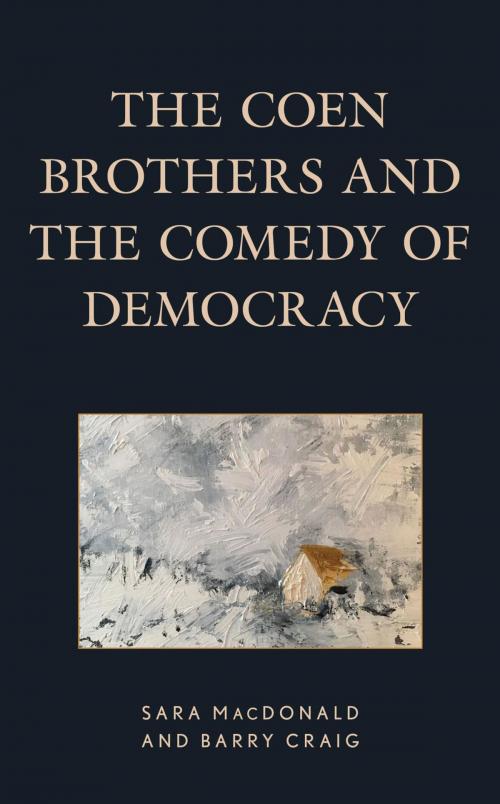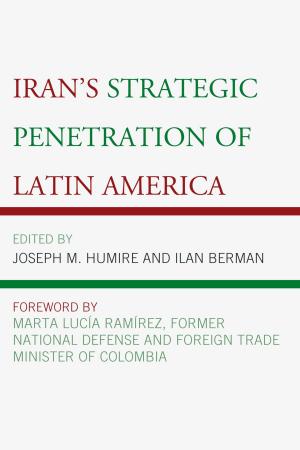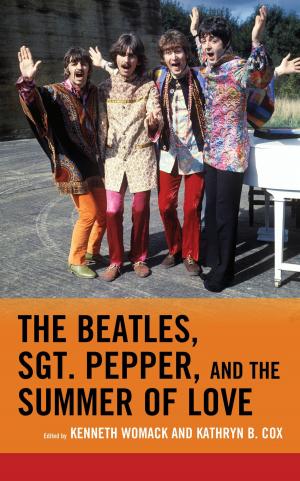The Coen Brothers and the Comedy of Democracy
Nonfiction, Social & Cultural Studies, Political Science, Politics, History & Theory, Entertainment, Film| Author: | Sara MacDonald, Barry Craig | ISBN: | 9781498555173 |
| Publisher: | Lexington Books | Publication: | December 31, 2018 |
| Imprint: | Lexington Books | Language: | English |
| Author: | Sara MacDonald, Barry Craig |
| ISBN: | 9781498555173 |
| Publisher: | Lexington Books |
| Publication: | December 31, 2018 |
| Imprint: | Lexington Books |
| Language: | English |
Both critically and commercially successful filmmakers, the Coen brothers have written, produced, and directed numerous acclaimed films over the past three decades. Sara MacDonald and Barry Craig demonstrate that their comedies, in particular, which are often dismissed as mere entertainments, actually present substantial philosophic and political arguments. They examine five of the Coen brothers’ comedies: Raising Arizona, Fargo, The Big Lebowski, O Brother, Where Art Thou, and Hail Caesar!. In those works, they discover insightful engagements with such ideas as questions of human freedom, the relationship of reason to religion, and the nature of liberal democracy in the American regime. They demonstrate how sometimes explicitly, but generally implicitly, the Coens draw on thinkers such as Homer, Plato, Dante, and Hegel, while simultaneously presenting popular entertainment.
Both critically and commercially successful filmmakers, the Coen brothers have written, produced, and directed numerous acclaimed films over the past three decades. Sara MacDonald and Barry Craig demonstrate that their comedies, in particular, which are often dismissed as mere entertainments, actually present substantial philosophic and political arguments. They examine five of the Coen brothers’ comedies: Raising Arizona, Fargo, The Big Lebowski, O Brother, Where Art Thou, and Hail Caesar!. In those works, they discover insightful engagements with such ideas as questions of human freedom, the relationship of reason to religion, and the nature of liberal democracy in the American regime. They demonstrate how sometimes explicitly, but generally implicitly, the Coens draw on thinkers such as Homer, Plato, Dante, and Hegel, while simultaneously presenting popular entertainment.















